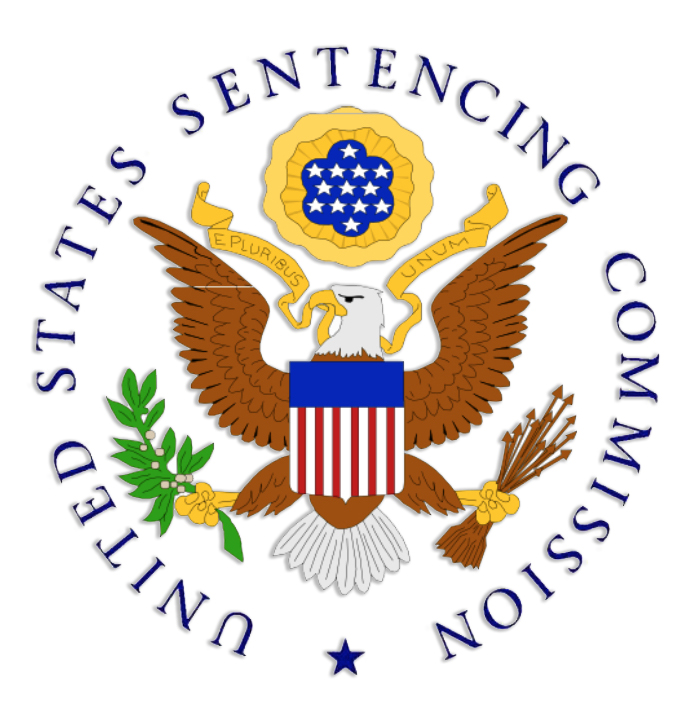We post news and comment on federal criminal justice issues, focused primarily on trial and post-conviction matters, legislative initiatives, and sentencing issues.

SENTENCING COMMISSION PRIORITIES TO FOCUS ON COMPASSIONATE RELEASE, ACQUITTED CONDUCT GUIDELINE CHANGES
 Last week, the newly-reconstituted U.S. Sentencing Commission issued tentative policy priorities for the 2022-2023 amendment year. Unsurprisingly, amending the compassionate release Guideline is at the top of the list.
Last week, the newly-reconstituted U.S. Sentencing Commission issued tentative policy priorities for the 2022-2023 amendment year. Unsurprisingly, amending the compassionate release Guideline is at the top of the list.
Most circuits have held that USSG § 1B1.13, the policy statement that once controlled compassionate releases, does not apply to inmate-filed motions. Just as the First Step Act – which first permitted inmates to file their own compassionate release motions – was passed, the Sentencing Commission lost its quorum and could not amend anything.
The announcement last week only proposes that the USSC should examine 1B1.13 and the other priorities. It does not propose what changes, if any, will be made. The Commission will issue detailed tentative amendments for public comment early next year. Final amendments will issue by May 1. Any amendment that is not voted down by the Senate (and a down-vote hardly ever happens) becomes effecting November 1, 2013, about 13 months from now.
 The USSC also proposed to focus on changing firearms penalties under USSG § 2K2.1 in light of a new gun control law that created higher penalties for straw purchasers, felon-in-possession and other gun crimes; changing criminal history guidelines in light of studies on recidivism and difficulties applying the career offender provision, considering prohibiting the use of acquitted conduct in sentencing, changing the guidelines to permit more non-prison sentences for non-violent first offenders, and studying simplifying the guidelines while promoting the statutory purposes of sentencing.
The USSC also proposed to focus on changing firearms penalties under USSG § 2K2.1 in light of a new gun control law that created higher penalties for straw purchasers, felon-in-possession and other gun crimes; changing criminal history guidelines in light of studies on recidivism and difficulties applying the career offender provision, considering prohibiting the use of acquitted conduct in sentencing, changing the guidelines to permit more non-prison sentences for non-violent first offenders, and studying simplifying the guidelines while promoting the statutory purposes of sentencing.
Sentencing Commission, Notice of Proposed 2022-2023 Priorities (September 29, 2022)
– Thomas L. Root

